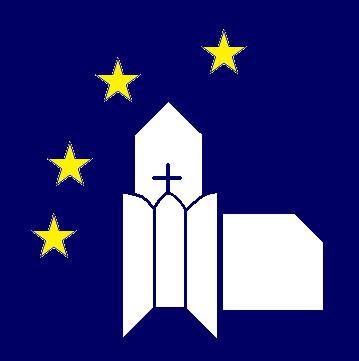Summer Session of the Conference of INGOs
This report gives details of the agendas for the meetings of the three committees and the Plenary of the INGO Conference:
- the Human Rights Committee;
In the Human Rights Committee agenda, I find particularly interesting the Report of the Secretary General: The Role of institutions, threats to institutions. See page 5/103 for the index
Note that the object of the working groups is to make recommendations for incorporation into the legal framework of the Council of Europe. Consequently, legal language is used in these documents as in the Report of the Copenhagen Declaration, which is a Convention adopted by many of the Council of Europe Member States and which became law in our countries.
One of our tasks as INGOs is to comment on the degree of implementation of these conventions in our countries and report back.
- the Democracy, Social Cohesion and Global Challenges Committee;
Whilst the Recommendation CM/Rec(2018)4 and the report on the World Forum for Democracy are only available in the official languages, English & French, the European Local Democracy Week bulletin ELDW is available in over 100 languages.
- the Education & Culture Committee;
The debate between the INGOs and the ambassadors was stimulating although the Croatian ambassador expressed surprise that only French was spoken throughout except for his speech.
The framework text of the French Minister of Culture on the European Year of Cultural Heritage has an automatic translation into English but I would like to draw your attention to the EU bulletin in 24 European languages which you can download on Spotlight on the European Year of Cultural Heritage 2018. Scroll down this page and you will see that this 4 page bulletin is available in 24 European languages so it is ideal for sending to the member organizations our INGOs represent in their respective countries.
Explore all cultural routes by theme links to the Council of Europe’s programme for cultural integration by exploring our common Heritage and the links with neighbouring countries since each route must combine at least three countries. This link is available in 4 languages: English, French, German and Spanish.
Information to follow on the working groups belonging to each of the Committees.
The Plenary Meeting of the Conference of INGOs
Specially interesting are the Biographies of the new members of the Expert Council as they show the participation of specialists from the different member States in the activities of the INGO Conference.
The Council of Europe Gender Equality Strategy 2018-2023 is an answer to the so-called Gender Ideology question that EN-RE has been investigating. One of the practical steps is to ensure there is a Gender Rapporteur in each working group to ensure that Womens’ Rights are taken into consideration in all the INGO Conference’s working groups and I have volunteered to act on this basis in the Heritage & Creation working group in which I participate. I have asked Gender Equality Vice-President Anne Negre for guidance in this aspect and today I have received from Bettina Hahne, new chair of the Gender Perspectives in Political and Democractic Processes the link to the CoE website on Gender Equality Rapporteurs which has some very interesting information especially in the Handbook
(Although not mentioned in the INGO Conference Summer session, I have found on the CoE website Sexual orientation and gender identity) which refers to the rights of LGBTIQ persons.
The discussion of the Draft Code of Conduct of the INGOs was not adopted in the Plenary Meeting since the representatives of many INGOs considered its provisions were too stringent and the penalties too severe. Jeremy McBride, the new President of the Expert Council on NGO Law stated that unless a Code of Conduct is accepted there may be no INGO Conference in the future. INGOs are invited to provide their comments and alternatives to the articles they reject.
Do the members of EN-RE’s Coordination Group have any comments to make on the Draft Code of Conduct? If affirmative, please inform me. We have until 8th September 2018 to present modifications.
The remaining items for voting in the Plenary were all adopted with a large majority. These included holding the next session in the PACE week of 8th-12th April 2019 and the following session with the Congress of Local & Regional Authorities from 28th-31st October 2019. The reason for abandoning the January session is due to the overload of translations due to the December vacations and the PACE requirement for more meeting rooms.
Hugo Castelli Eyre, EN-RE, 20180710
